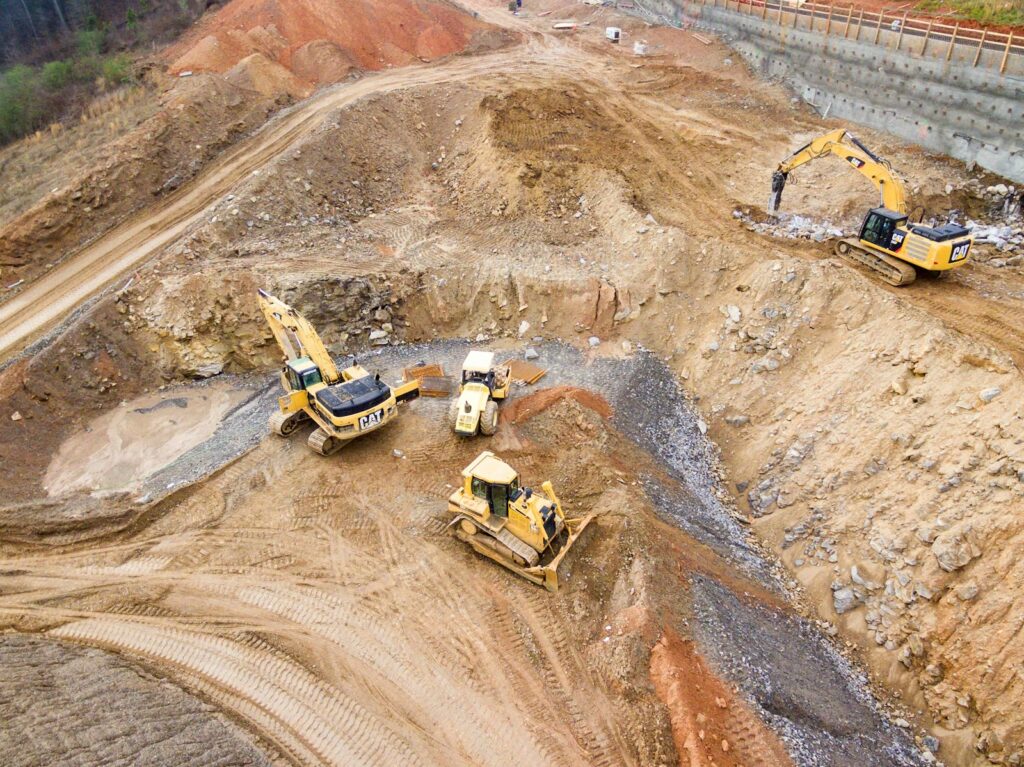For the last 30 years, no country has met the basic needs of its residents without overconsuming natural resources, according to a new study published by the University of Leeds.
The study, published in Nature Sustainability, found that without urgent changes, national economies will continue to drive ecological breakdown while delivering slow and insufficient improvements in living standards.
Wealthy countries like the US, UK and Canada are all transgressing planetary boundaries linked to climate and ecological breakdown, yet they are also achieving minimal social gains.
In comparison, poorer countries like Bangladesh, Malawi and Sri Lanka are living within planetary boundaries but are still falling short on meeting many basic human needs.
If current trends continue, no country will stay within planetary boundaries over the next three decades either, perpetuating human deprivation and worsening ecological breakdown.
Lead author, Dr Andrew Fanning, from the Sustainability Research Institute at Leeds and the Doughnut Economics Action Lab in Oxford, said: ‘Everyone needs a sufficient level of resources to be healthy and to participate in their society with dignity, but we also need to ensure global resource use is not so high that we cause climate and ecological breakdown.
‘Worryingly, we found that countries tend to overshoot fair shares of planetary boundaries faster than they achieve minimum social thresholds.”
‘These latest results indicate that an unprecedented transformation is needed in all nations. Current trends suggest that richer countries need to dramatically reduce their resource use to avoid critical planetary degradation, while poorer countries need to rapidly accelerate social performance to eliminate critical human deprivation.
‘Countries with high levels of social achievements, such as Germany and Norway, are often held up as international role models, but they have levels of resource use that need to be massively reduced to get within fair shares of planetary boundaries.
‘This transition is unlikely to be achieved with improvements in resource efficiency alone. Wealthy countries need to move beyond the pursuit of economic growth as a national goal, and instead pursue policies that improve human well-being and reduce resource use directly.’

















